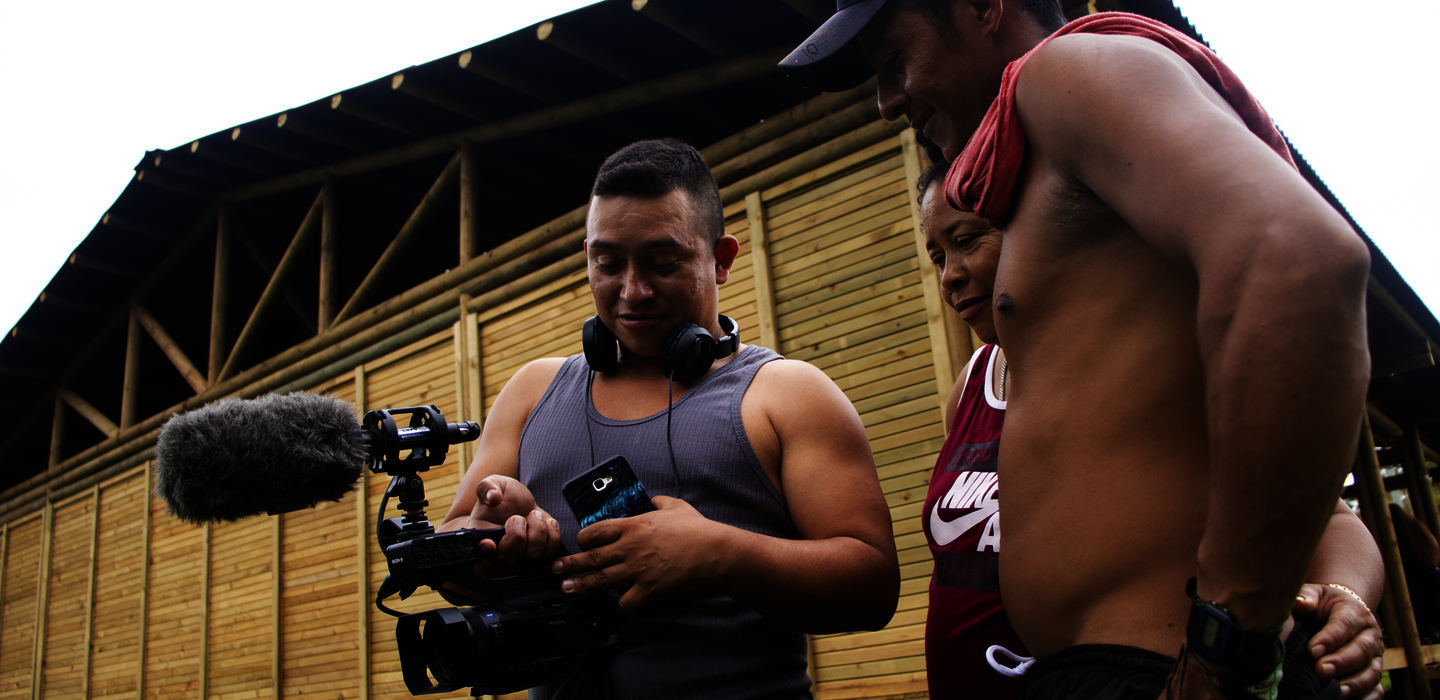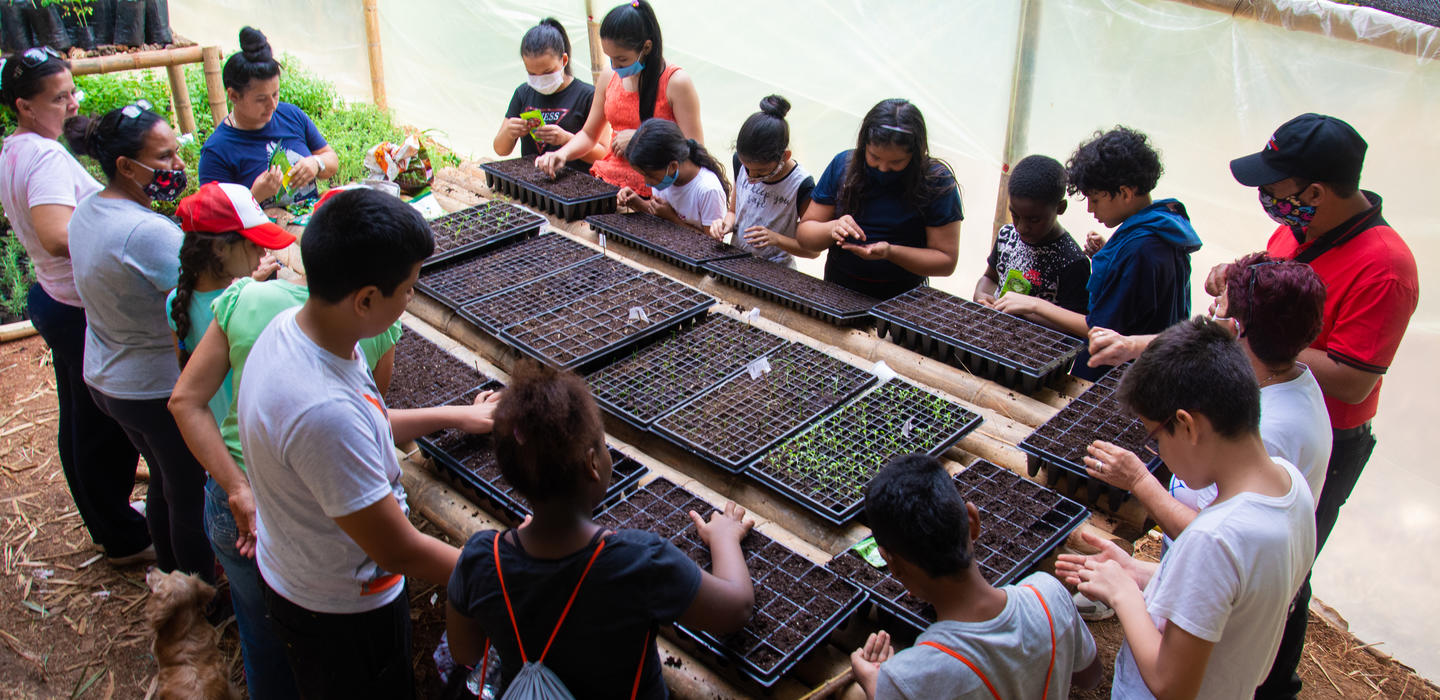Innovation
After five years engaged in the Colombian territories most affected by decades of armed conflict working to ensure the success of the historic 2016 peace agreement, PASO Colombia believes that peace is built by sharing time together and iterating with communities to help them find their own solutions to collective problems.
In contrast to the aid rationale that approaches people as beneficiaries, PASO works with the communities as partners, leaving installed capacities, generating business and employment under a cooperative model, and transforming them into drivers of the sustainable development of their territories. Unlike the individual entrepreneurship rationale, which turns community members into competitors, PASO promotes associative models in which people living in the same territory can cooperate to create scaled economies or find solutions to shared problems.
Due to its documented successes in many regions in the country, the PASO program has earned a position as a trusted partner for a variety of organizations, including the Colombian government, who look to PASO to make things happen where it matters most—in communities with rural farming, migrant, or ex-combatant populations. PASO, in partnership with the UN Verification Mission and six campesino and ex-combatant organizations, established the first regional network for peace in Catatumbo.
PASO unlocks the resources and support needed to advance four core elements that support rural peace: market making, livelihoods and productive infrastructure, sustainable production, and collective entrepreneurship.
Market making is a component essential to PASO achieving greater scale. With several innovative initiatives, PASO helped facilitate access to new buyers and increase the volume of production to answer greater demand for products. The program boosted market-making commercialization strategies in the ERAs, including training and collaborative support for small business brand-building and marketing strategies. To assist this process, PASO Colombia is creating a commercialization system that spans six municipalities and facilitates better collaboration between markets.
PASO Colombia also created the first communications ERA that provides training for ex-combatants and communities to tell their own stories and better commercialize their products. The transfer of digital knowledge to the communities through the communications ERA helped give them the skills to tell with their own voices and perspectives the stories of reconciliation and entrepreneurship behind their productive projects. In the process, they developed their own brands and now create content for social networks to support the marketing of their products as well as the financing of their projects. This was complemented by the implementation of and participation in local farmer and artisan markets.
Besides creating viable livelihoods and contributing to the sustainable development of the territories in which they operate, the most important achievement of the ERA model is its success in helping restore the social fabric of territories affected by decades of armed conflict.



